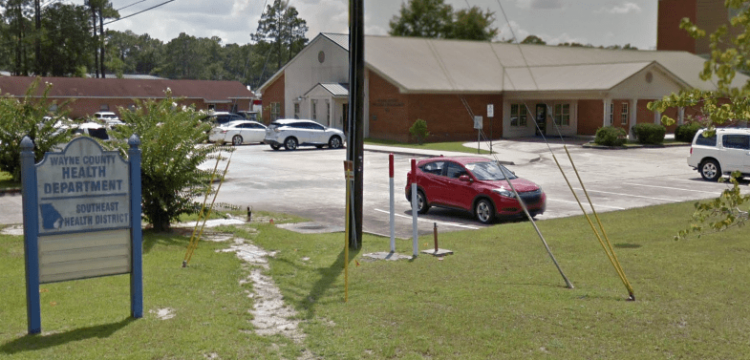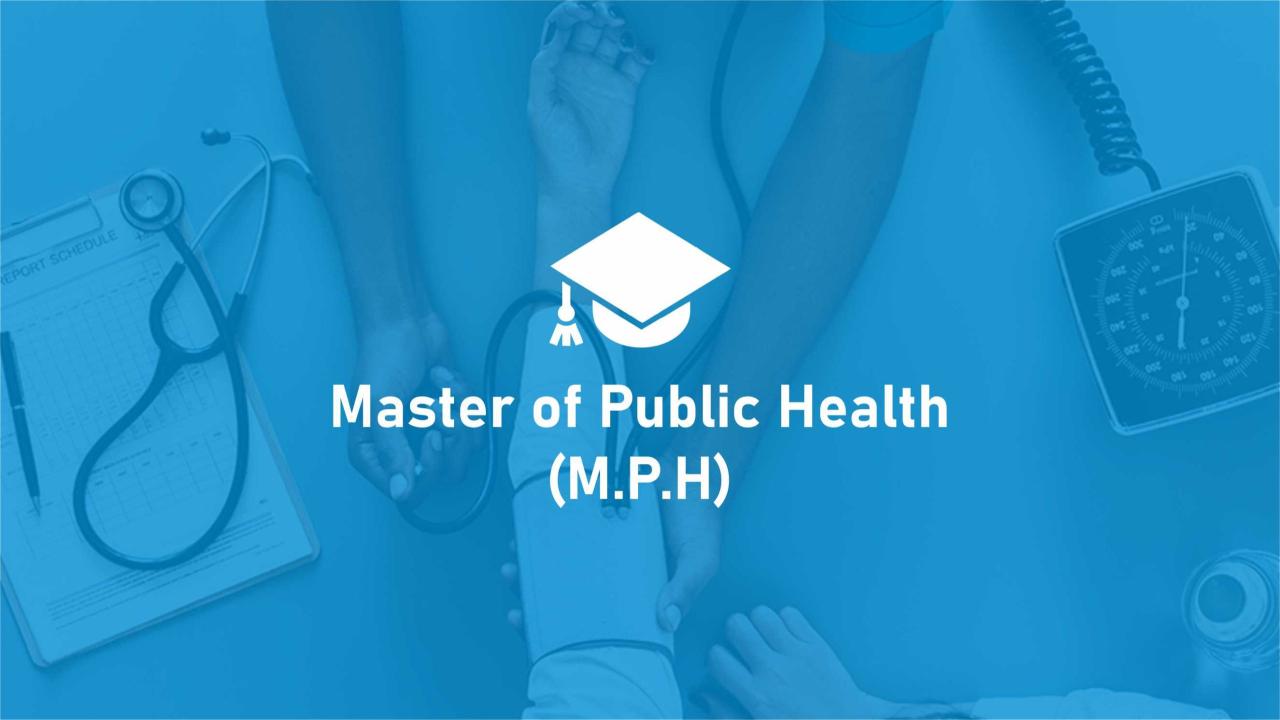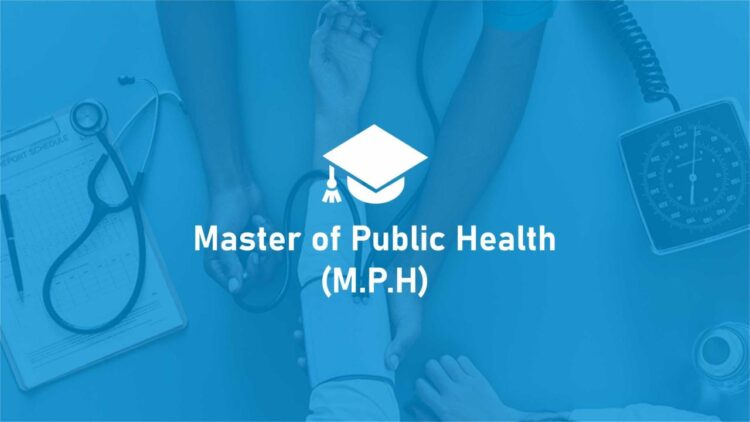
- MPH Masters in Public Health Overview
- Career Opportunities for MPH Graduates
- Program Structure and Curriculum
- Accreditation and Recognition
- Admissions Requirements and Application Process
- Cost and Financial Aid
- Program Rankings and Reputation
- Online and Distance Learning Options
- Alumni Network and Career Services
MPH Masters in Public Health Overview
An MPH, or Master of Public Health, is a graduate degree that provides comprehensive training in public health principles and practices. It aims to equip graduates with the knowledge, skills, and leadership abilities to address critical public health challenges.
MPH programs encompass a broad range of topics, including epidemiology, biostatistics, environmental health, health policy, and social and behavioral sciences. They provide a foundation in public health theory and methods, preparing graduates to work in various settings, including government agencies, non-profit organizations, and healthcare systems.
Types of MPH Programs
MPH programs vary in their duration, structure, and specialization options. Some programs offer a generalist MPH, while others allow students to focus on specific areas of public health, such as:
- Epidemiology
- Environmental Health
- Health Policy
- Social and Behavioral Sciences
- Maternal and Child Health
Career Opportunities for MPH Graduates
Earning a Master of Public Health (MPH) degree opens doors to a wide range of career paths in the dynamic field of public health. With specialized knowledge and skills in areas such as epidemiology, biostatistics, and health policy, MPH graduates are well-equipped to make a positive impact on the health and well-being of communities.
The job responsibilities and qualifications required for different public health roles vary depending on the specific area of focus. However, common responsibilities include conducting research, analyzing data, developing and implementing health programs, and advocating for policies that promote health equity.
Public Health Roles
- Epidemiologist: Investigate the causes and patterns of disease outbreaks, and develop strategies for prevention and control.
- Biostatistician: Design and analyze statistical studies to evaluate the effectiveness of public health interventions and programs.
- Health Policy Analyst: Analyze and evaluate health policies, and make recommendations for changes that improve health outcomes.
- Health Educator: Develop and implement educational programs to promote healthy behaviors and prevent disease.
- Community Health Worker: Provide direct services to underserved communities, such as health screenings, vaccinations, and health education.
MPH graduates have also found success in various other fields, including healthcare administration, environmental health, and global health. Their expertise in public health principles and practices enables them to contribute to a wide range of initiatives aimed at improving the health of populations.
Success Stories
- Dr. Jane Doe, an MPH graduate, led a team that developed a successful smoking cessation program for underserved communities, resulting in a significant reduction in smoking rates.
- Mr. John Smith, an MPH graduate, worked with policymakers to advocate for increased funding for mental health services, leading to improved access to care for individuals in need.
- Ms. Mary Jones, an MPH graduate, used her data analysis skills to identify and address health disparities in a rural community, resulting in improved health outcomes for residents.
Program Structure and Curriculum
Master of Public Health (MPH) programs typically follow a structured curriculum designed to provide students with a comprehensive understanding of public health principles and practices. The program duration varies depending on the institution and the student’s academic background, but most MPH programs can be completed in 1-2 years of full-time study or 2-4 years of part-time study.
The MPH curriculum typically includes a combination of core courses, elective courses, research, and practicum experiences. Core courses provide a foundation in essential public health topics such as epidemiology, biostatistics, environmental health, and health policy. Elective courses allow students to specialize in specific areas of public health, such as global health, maternal and child health, or health promotion and disease prevention.
Research and Practicum Components
Research and practicum components are integral to MPH programs. Research projects provide students with the opportunity to apply their knowledge and skills to address real-world public health issues. Practicum experiences allow students to gain practical experience in public health settings under the supervision of experienced professionals.
Accreditation and Recognition
Accreditation is crucial for MPH programs as it ensures they meet established quality standards and best practices. It demonstrates that the program has undergone rigorous evaluation and has been recognized for its academic rigor, faculty expertise, and curriculum relevance.
Accrediting bodies for MPH programs include:
- Council on Education for Public Health (CEPH)
- Public Health Accreditation Board (PHAB)
Attending an accredited MPH program offers numerous benefits, such as:
- Assurance of program quality and adherence to industry standards
- Enhanced job prospects and professional recognition
- Eligibility for scholarships and funding opportunities
- Recognition by employers and professional organizations
Admissions Requirements and Application Process
MPH programs typically have general admissions requirements that include:
– A bachelor’s degree from an accredited institution, preferably in a related field such as public health, health sciences, or social sciences.
– A minimum GPA of 3.0 or higher.
– GRE or GMAT scores (may vary by program).
– Strong academic record and research experience.
– Personal statement or essay outlining career goals and interests.
– Letters of recommendation.
Application Deadlines and Fees
Application deadlines vary by program, but typically fall between December and March. Application fees range from $50 to $100.
Tips for Preparing a Strong Application
– Research different MPH programs and identify those that align with your career goals and interests.
– Start the application process early to give yourself ample time to gather the necessary materials and prepare your application.
– Write a strong personal statement that clearly articulates your motivations for pursuing an MPH degree and your future career aspirations.
– Secure letters of recommendation from individuals who can attest to your academic abilities, research experience, and professional potential.
– Proofread your application carefully before submitting it to ensure it is free of errors and reflects your best work.
Cost and Financial Aid
Earning an MPH degree requires a significant financial investment. The total cost of an MPH program varies depending on factors such as the institution, program length, and residency status. Tuition and fees are typically the largest expenses, but students should also consider living expenses, books, and other supplies.
To help offset the cost of an MPH program, students can explore various financial aid options. These may include scholarships, grants, and loans. Scholarships are typically awarded based on academic merit or financial need. Grants are similar to scholarships but do not need to be repaid. Loans, on the other hand, must be repaid with interest.
Scholarships
Many organizations offer scholarships to MPH students. These scholarships can vary in amount and eligibility requirements. Some common sources of scholarships include:
– The American Public Health Association (APHA)
– The Association of Schools and Programs of Public Health (ASPPH)
– The National Institutes of Health (NIH)
– The Centers for Disease Control and Prevention (CDC)
Grants
Grants are another form of financial aid that does not need to be repaid. Grants are typically awarded based on financial need. Some common sources of grants include:
– The Federal Pell Grant
– The Federal Supplemental Educational Opportunity Grant (FSEOG)
– The TEACH Grant
Loans
Loans are a common way to finance an MPH degree. Loans must be repaid with interest, but they can be a good option for students who do not qualify for scholarships or grants. There are two main types of loans:
– Federal loans: These loans are offered by the federal government and have low interest rates.
– Private loans: These loans are offered by private lenders and typically have higher interest rates than federal loans.
Program Rankings and Reputation

MPH programs vary in quality and reputation. To help prospective students make informed decisions, several reputable organizations rank MPH programs based on various criteria. These rankings provide valuable insights into the strengths and weaknesses of different programs.
Factors considered in these rankings typically include:
- Faculty expertise and research productivity
- Curriculum and course offerings
- Student diversity and inclusivity
- Career placement rates and alumni success
- Accreditation and recognition
Top-Ranked MPH Programs
According to the 2023 US News & World Report rankings, the top-ranked MPH programs in the United States are:
| Rank | University | Location |
|---|---|---|
| 1 | Harvard University | Boston, MA |
| 2 | Johns Hopkins University | Baltimore, MD |
| 3 | Columbia University | New York, NY |
| 4 | University of Michigan | Ann Arbor, MI |
| 5 | University of California, Berkeley | Berkeley, CA |
Online and Distance Learning Options
MPH programs offered through online and distance learning provide flexibility and accessibility for students who may have scheduling conflicts, geographical constraints, or other commitments that make traditional in-person classes challenging.
These programs typically utilize a combination of online lectures, discussion forums, and virtual meetings to deliver course content and facilitate interaction between students and faculty. While online MPH programs offer convenience, it’s important to consider both the advantages and disadvantages before making a decision.
Advantages
- Flexibility: Online programs allow students to study at their own pace and on their own schedule, providing greater flexibility in balancing academic pursuits with other responsibilities.
- Accessibility: Distance learning eliminates geographical barriers, making it possible for students from remote areas or with limited mobility to pursue an MPH degree.
- Cost-effectiveness: Online programs may offer lower tuition and fees compared to traditional in-person programs, as they eliminate the need for campus infrastructure and facilities.
Disadvantages
- Lack of face-to-face interaction: Online learning lacks the in-person interactions with classmates and faculty, which can be important for networking, collaboration, and building professional relationships.
- Technical requirements: Online programs require reliable internet access and appropriate computer equipment, which may not be readily available to all students.
- Self-discipline and motivation: Online learning requires a high level of self-discipline and motivation, as students are responsible for managing their own time and coursework.
Reputable Online MPH Programs
- Johns Hopkins University
- University of Michigan
- Columbia University
- University of North Carolina at Chapel Hill
- Emory University
Alumni Network and Career Services
The alumni network of an MPH program is a valuable asset for graduates. It provides access to a community of professionals in the field, networking opportunities, mentorship, and job placement assistance. MPH programs typically have strong alumni associations that organize events, provide online forums, and offer career development resources.
MPH programs also offer a range of career services to support their graduates. These services may include career counseling, resume and cover letter writing assistance, mock interviews, and job fairs. Some programs also have dedicated staff members who work with students to identify and secure internships and job placements.
Testimonials
- “The alumni network of my MPH program has been invaluable to my career. I have been able to connect with professionals in my field, get advice on career paths, and find job opportunities.” – MPH graduate
- “The career services offered by my MPH program were extremely helpful. I received assistance with my resume and cover letter, and I was able to practice my interviewing skills with a mock interview.” – MPH graduate





